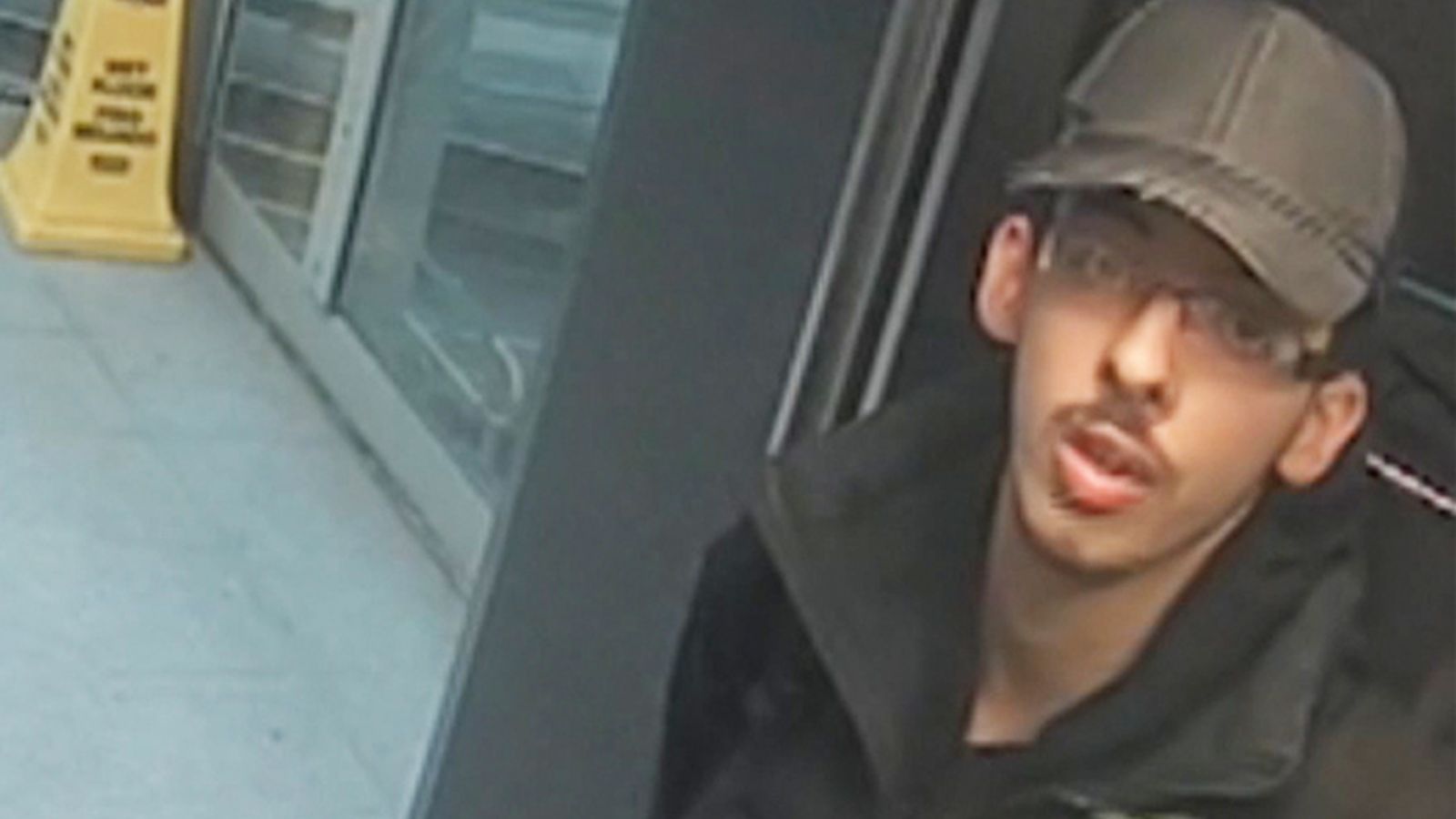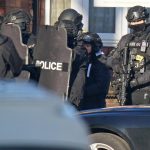A senior MI5 officer has admitted that making different decisions could have stopped the Manchester Arena bombing, an inquiry into the attack has heard.
The director general of counter-terrorism, referred to only as Witness J, told the hearing that 2017 – the year of the attack – was a “significant and devastating year” which had forced them to ask “hard questions of each other”.
Duncan Atkinson QC, who questioned him on behalf of the victim’s families, told him it was difficult to hear that MI5 could have succeeded in stopping the plot “had the cards fallen differently.”
Please use Chrome browser for a more accessible video player
“You will understand how intensely difficult that is for the families to hear, that a differently shuffled pack could have spared them years of suffering,” he told the witness.
Twenty-two people died in the attack by Salman Abedi at an Ariana Grande concert at the Manchester Arena in May 2017.
Abedi had first been on the MI5 radar in 2010, seven years before the attack and was made a “subject of interest” in 2014.
MI5 received information on Abedi, including his support for ISIS, in mid-2016 but it was not examined until April 2017- a process that was overtaken by the attack on 22 May.
Manchester Arena attack: Bomber Salman Abedi had links to serious crime gang in the city, MI5 officer tells inquiry
Manchester Arena attack: Man arrested at airport in relation to 2017 suicide bombing at Ariana Grande concert
Manchester Arena bomber’s brother Ismail Abedi was stopped by police at airport but left UK the next day to avoid giving evidence, inquiry told
On two separate occasions in the months before the attack, MI5 received intelligence that Abedi was involved in terrorism but dismissed it as criminal activity.
The intelligence is said to have been “highly relevant” to the planned attack but the significance was not “fully appreciated” at the time. A meeting was due to be held about him nine days after the attack.
Giving evidence from inside a specially built wooden box, Witness J said with improvements made since the attack “we would have been able to identify more opportunities” but it was “speculation whether that would have led to a set of different decisions that would have identified the plot”.
However, Sir John Saunders, the inquiry chairman, questioned whether “Clematis” – an operation to go back to closed subjects of interest and review their cases – could have been sped up.
The chairman also asked whether a decision not to put Abedi on a list of suspects who should be stopped at the port was a deliberate one or that it was “simply overlooked.”
Abedi was taken to Libya by his parents in April 2017 on a one-way ticket but returned to the UK on 18 May 2017, four days before his attack.
Sir John said: “An investigation might have started into Salman Abedi and no one can say this would stop what was happening but on the face of it just speeding up Clematis might have produced a different result and a port stop might have produced a different result?”
“Yes, I accept that,” the witness said.
Sir John Saunders, the inquiry chairman has ruled that there is “centrally important material” relevant to the question of whether MI5 could have prevented the attacks that cannot be revealed to the public.
The inquiry continues.






















